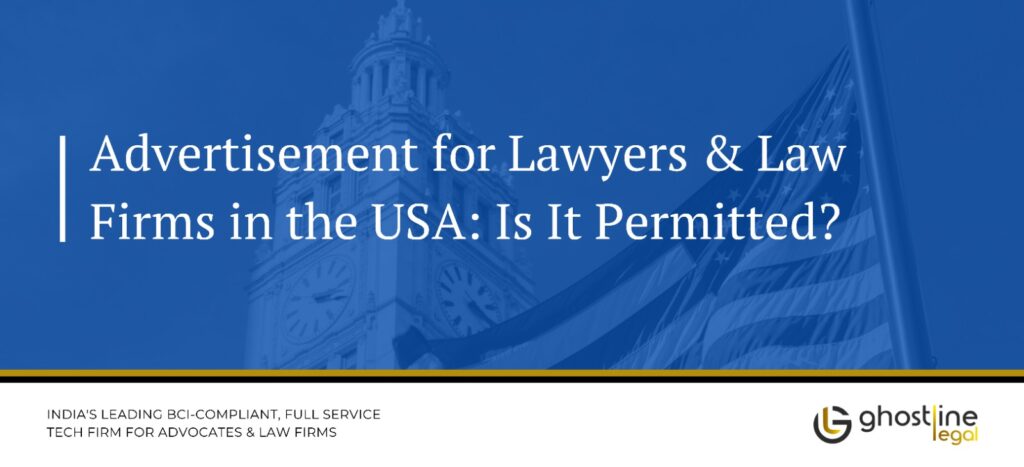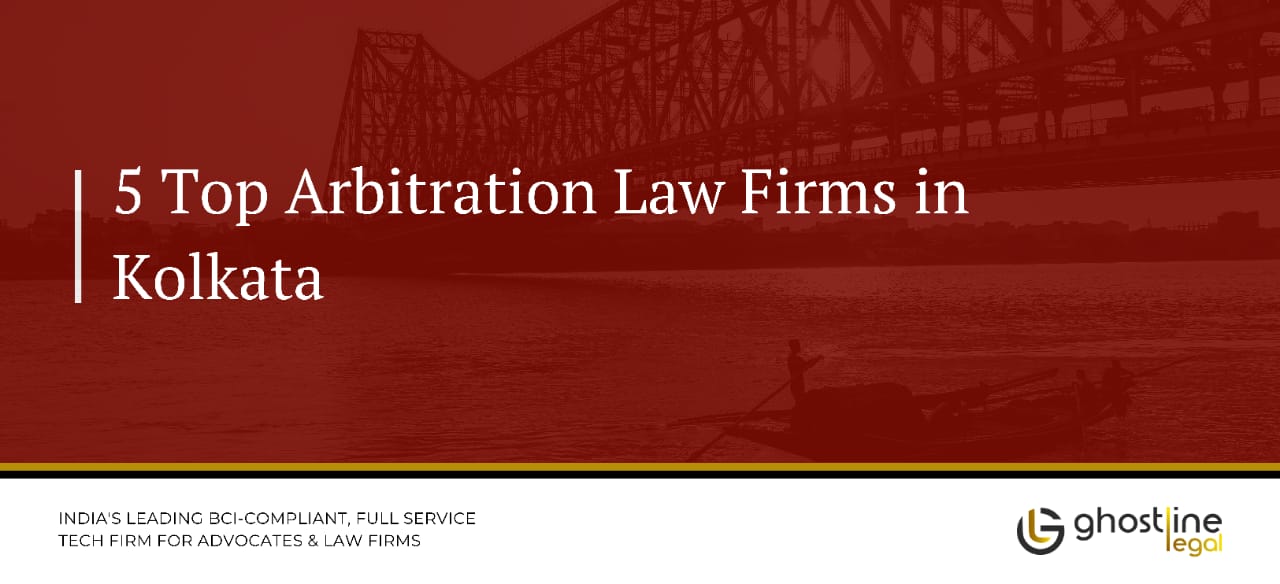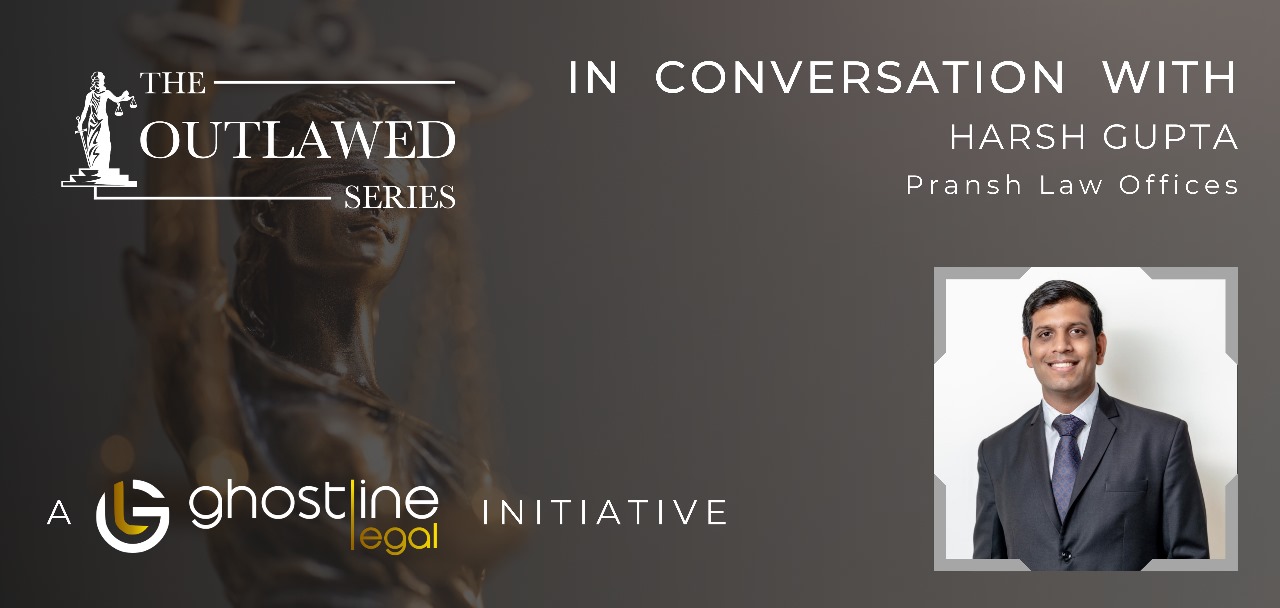New clientele is essential for the growth of any law firm. Therefore, promoting legal services is imperative to draw in fresh clientele.
While it is common to see billboards and slogans with lawyers’ faces today, such was not the case a few decades ago. Restrictions on lawyer advertisements have relaxed only over the past twenty years, leading to proliferations of ads in the public eye as we see today. Still, these advertisements must adhere to certain rules and regulations.
Are Lawyers Allowed to Advertise?
In short, yes. Lawyers are allowed to advertise their services while complying to certain rules and legal obligations. One can go through the American Bar Association Model Rules of Professional Conduct (ABA) to review all the regulations related to lawyer advertisements in their state. Rules differ from state to state in the United States.
What To Keep in in Mind While Advertising Your/ your Law Firm/ Legal Services
1) Never Call Yourself An “Expert”
Even if you have a high level of expertise in a particular field of law, it is against the Rules to call yourself an “expert” or “specialist” in advertisements unless you have formal certifications to back those claims. Rule 7.2 of the ABA states that lawyers should NOT imply that they specialize in an area, unless they have actually been certified as so by an ABA-recognized organization authorized by their state, district, or U.S. Territory.
For example, there are requirements to be considered a “legal specialist” in the state of California. One must have practiced for a certain number of years, with a set portion of time dedicated to practicing their expertise in the area and having judges evaluate your work.
2) Do Not Make Statements That Are False or Misleading
Making statements that are outright false is a huge violation. Advertising claims that are false/misleading/misdirecting about the services you provide or the fees charged is not only unethical in nature but also against the ABA Rules.
Using superlative terms such as “the best” or “the lowest” in your advertisements can be considered deceptive in nature. While you may believe your firm offers exceptional services, making unsubstantiated claims can potentially mislead prospective clients and violate legal advertising regulations.
For example, stating on your law firm’s website that your fees are the lowest anywhere could be misleading. Instead, if your firm offers payment flexibility through options like credit card payments or payment plans, you could accurately highlight your firm’s commitment to providing clients with flexible payment arrangements.
3) Know Whether You Need to Include Your Office Address
It is crucial to include your office address on your website. This varies depending on the rules in different places. It is not just about giving directions; it shows you follow the rules and are open about where you work.
Having your address helps clients find you and makes you seem trustworthy. Knowing when and where to put your address is not just about following rules; it is about making it easy for people to find you, which helps build your reputation as a reliable and friendly law firm.
For example, in the state of Florida, according to Rule 4-7.12(a)(2), all lawyer advertisements must have a real office location in the same city, town, or county of the lawyer performing the advertised legal services.
4) Ensure Client Testimonials Follow the Rules
Client testimonials are the most effective manner to attract new clientele in your firm. However, there are rules that need to be followed while posting these testimonials.
According to ABA Rule 7.2(b), lawyers are prohibited from compensating individuals for endorsing their services in any form. Endorsements of legal services should be purely voluntary and independent.
It is important to note that compensating clients for testimonials is not allowed. Additionally, it is crucial to review any specific regulations regarding the use of testimonials on your law firm’s website or in advertising. This includes ensuring that testimonials are not misleading, as this could result in advertisements containing false or deceptive statements.
For instance, the State Bar of California’s Comment [4] on the new Rule 7.1 for attorney advertising emphasizes that testimonials should not create unrealistic expectations for potential clients. Lawyer advertisements must not lead potential clients to anticipate achieving the same outcomes as those mentioned in the testimonials.
5) Ensure You Know if You Can Use Your Trade Name
When it comes to trade names, it is important to navigate their use as rules vary from one jurisdiction to another. Some areas allow unique trade names to build brand recognition, while others have strict rules.
Understanding this nuance is not just about following the law but also about strategically establishing your identity while staying within legal limits. Balancing creativity with compliance ensures that your law firm’s trade name becomes a strong brand, getting noticed without sacrificing professionalism.
For example, in New York, practicing under a trade name is not allowed.
The New York State Bar’s Ethics Opinion 1017 highlights that law firms can use the law firm partners’ first initials of the last names, as this would not be violating the New York Rules of Professional Conduct.
6) Do Not Directly Solicit Your Services
Attorney advertising and solicitation are two distinct practices in the legal profession, each governed by its own set of rules. While advertising your legal services is generally permitted, soliciting clients directly prohibited.
Attorney advertising involves promoting the services of a lawyer or law firm to the public at large, whether through online platforms, traditional ads, or other means. This type of communication is permissible as long as it adheres to established regulations. On the other hand, attorney solicitation refers to targeted efforts aimed at specific individuals or groups, which can sometimes cross ethical boundaries.
According to ABA Rule 7.3, lawyers are prohibited from directly soliciting potential clients if the primary purpose is financial gain for the lawyer or firm. Solicitation typically involves reaching out to individuals who may need legal assistance for a particular matter.
While lawyers can advertise their services broadly to the public, they must refrain from engaging in direct solicitation toward specific individuals. However, responding to inquiries or having their firm’s website appear in search engine results is generally acceptable within legal bounds.
7) Know What Information can/cannot be Included in the Advertisement
In advertisements, one must filter the information that is allowed to be visible on a public platform. There are requirements for the kind of information that must be included in the ad.
- Identification: Your jurisdiction may require mentioning at least one lawyer’s name or the law firm’s name. For example, in Florida, Rule 4-7.12(a)(1) of the Florida Bar’s advertising rules mandates this, while ads for services like lawyer referral must name the provider. Some states may demand ads to be labeled as such, like “Attorney Advertising” in New York.
- Publications and Awards: Mentioning recognition from law-related publications or awards might be acceptable.
- Memberships: You could highlight current memberships in bar associations or other professional groups.
- Rates: You can display your hourly or fixed rates.
There are certain elements that cannot be included in advertisements such as-
- Pending case information: Rule 7.1 of the New York Rules of Professional Conduct highlights to avoid including testimonials from clients with pending matters.
- Fictitious details: Rule 7.1 of the New York Rules of Professional Conduct also prohibits lawyers from using made-up or fictitious law firms or lawyers in their advertisements.
- Faux documents: Do not include fake legal documents in your lawyer advertising.
8) Know How Long You Should Keep Your Copies
Advertising rules for lawyers might mandate keeping copies of ads, both physical and digital, for a specified period, depending on your jurisdiction.
In New York, Rule 7.1 dictates retaining ad copies for at least three years after distribution, and digital ads for at least one year. For law firm websites with ads, New York requires preserving site content (initial or after significant changes) every 90 days.
As the way lawyers advertise keeps evolving, especially with digital methods, it is important to keep up with the rules. Knowing and following these rules ensures ads are effective and ethical. This, in turn, brings in more clients and boosts business success over time.
Ghostline Legal is India’s leading, BCI-compliant, full-service tech and content firm catering exclusively to advocates and litigation chambers.










